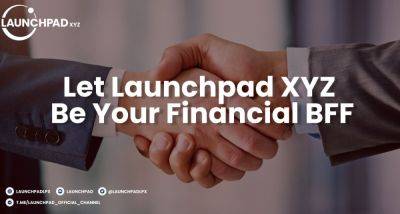How to improve your Web2 business with blockchain
The private sector is only scratching the surface of blockchain technology’s transformative potential. Traditional businesses need to start adapting to Web3 or risk getting left behind.
Web3 isn’t just a buzzword — it’s a radical new paradigm where everyday people can not only experience and contribute to the digital world, but also directly and securely own part of it. Beyond Web3 native startups, this technology offers a range of benefits to Web2 companies that can help ensure their continued relevance.
While many major Web2 corporations are already exploring how to best integrate the blockchain, it remains early days for private sector Web3 adoption. With less hype and more serious building, the bear market is the perfect time for companies to implement Web3 features that level up their customer relations, security and trust between stakeholders.
Web2 companies should look for specialized blockchain solutions that can improve their business in tangible ways. Throughout this process, it’s important to focus on accessibility and avoid any unnecessary complexity for end users.
Web3 technology can be a valuable part of your tech stack without necessarily being visible to your customers or requiring blockchain experience. For example, the Starbucks Odyssey experience utilizes on-chain collectibles but allows users to purchase ‘stamps’ within the Starbucks web app with just a credit card and no previous crypto knowledge required.
To streamline the onboarding process for Web3-powered products, traditional businesses should also understand the concept of account abstraction. By customizing how individuals interact with the blockchain, account abstraction means that companies can offer an improved customer experience. One potential
Read more on cointelegraph.com



















